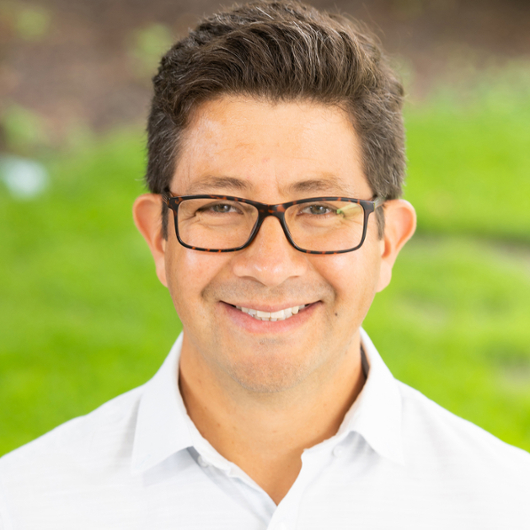Adrian Rodriguez-Contreras
(he/him)
Director of Graduate Studies; Associate Professor

Adrián Rodríguez-Contreras, associate professor in the Roxelyn and Richard Pepper Department of Communication Sciences and Disorders, joins Northwestern from City University of New York (CUNY), City College. His work focuses on neuroplasticity, neurophysiology, and how certain diseases affect the brain and our behavior—namely, the way we see and hear. Rodriguez-Contreras is the recipient of numerous grants and awards including multiple National Institutes of Health grants, the CCNY Harvey L. Karp Discovery Award in the Sciences, as well as a $1.2 million a year grant from the Department of Defense.
Education
- PhD Neuroscience, University of Cincinnati
- BS Biólogo, Universidad Nacional Autónoma de México
Recent Awards and Honors
- August-Wilhlem Scheer Visiting Professor and Honorary Fellow, Institute for Advanced Study at the Technical University of Munich. Munich, Germany, 2018.
- UNCF-Pfizer fellowship, University of California Davis. Davis, CA, USA, 2002.
- Grass fellowship, Marine Biological Laboratory. Woods Hole, MA, USA, 2002.
- Fulbright-García Robles fellowship, University of Cincinnati. Cincinnati, OH, USA, 1997.
- Fundación UNAM fellowship, Universidad Nacional Autónoma de México. México, 1995.
- Jóvenes hacia la Investigación fellowship for high school students, DGAPA-UNAM. México, 1993.
Courses
- CSD 156 Seminar
- CSD 202 Neurobiology of Communication
